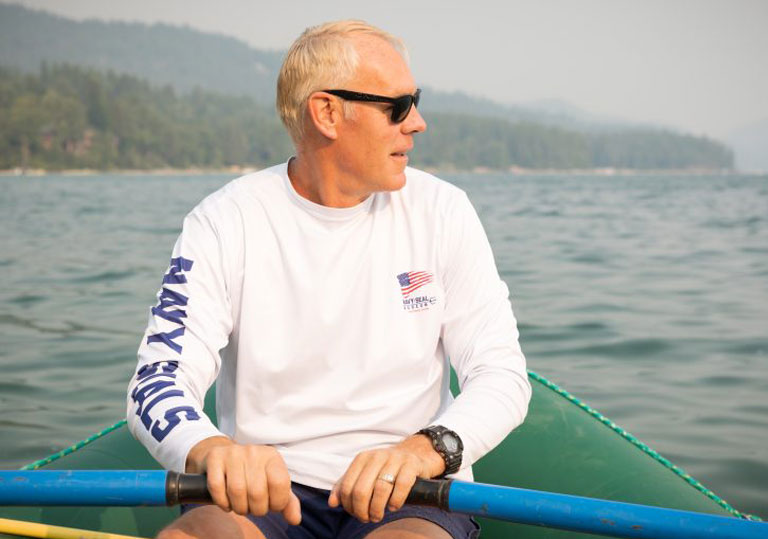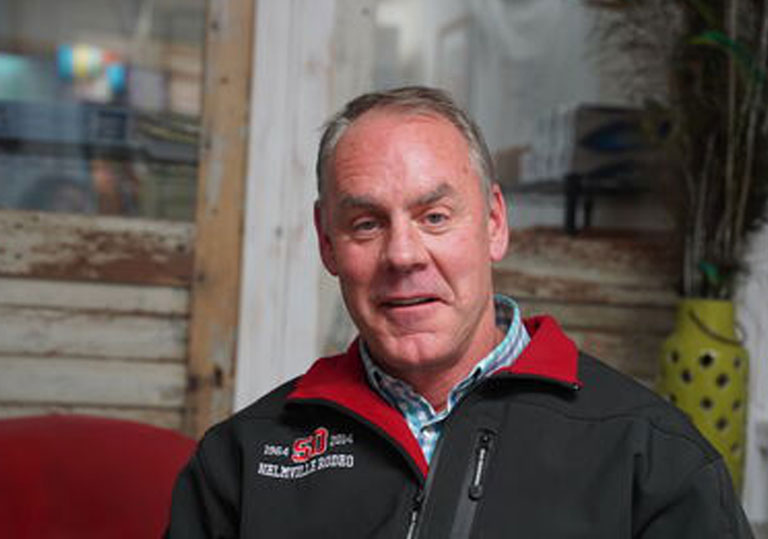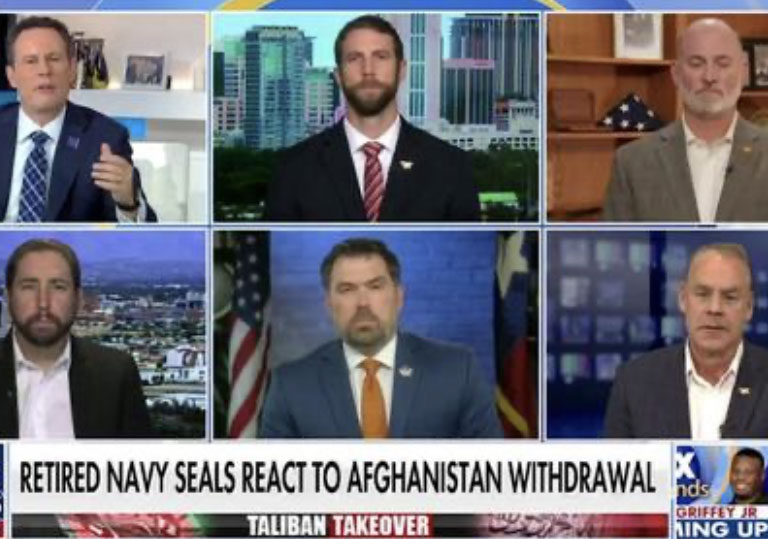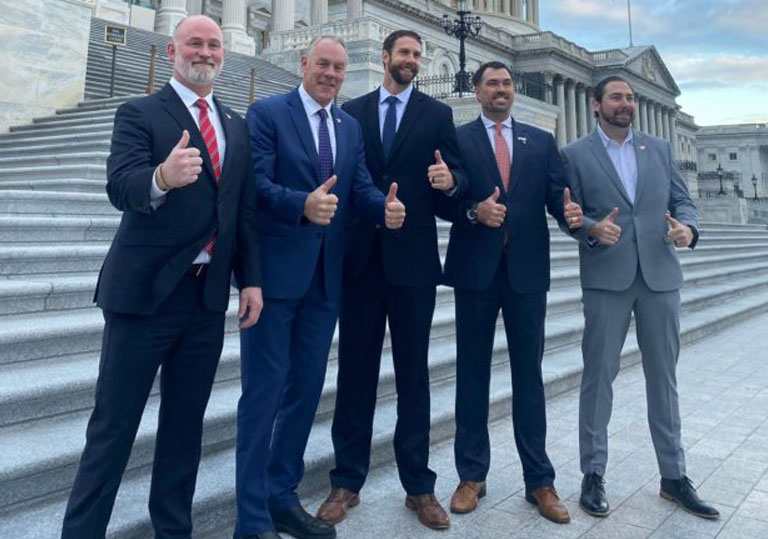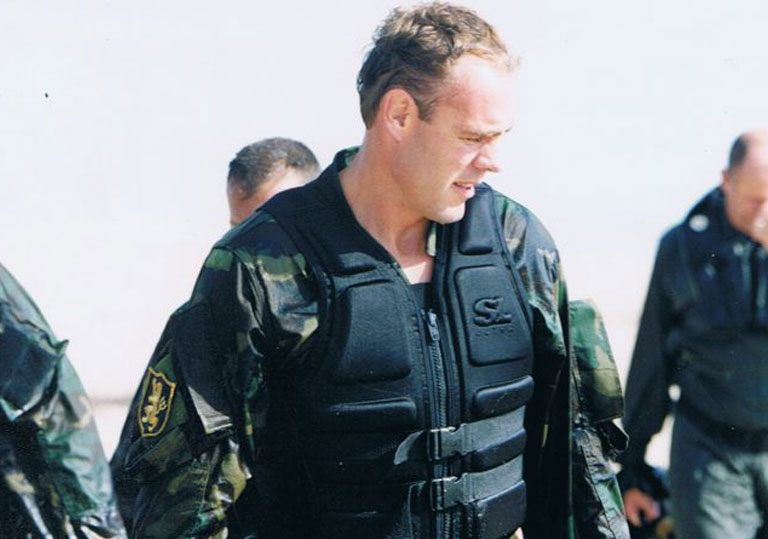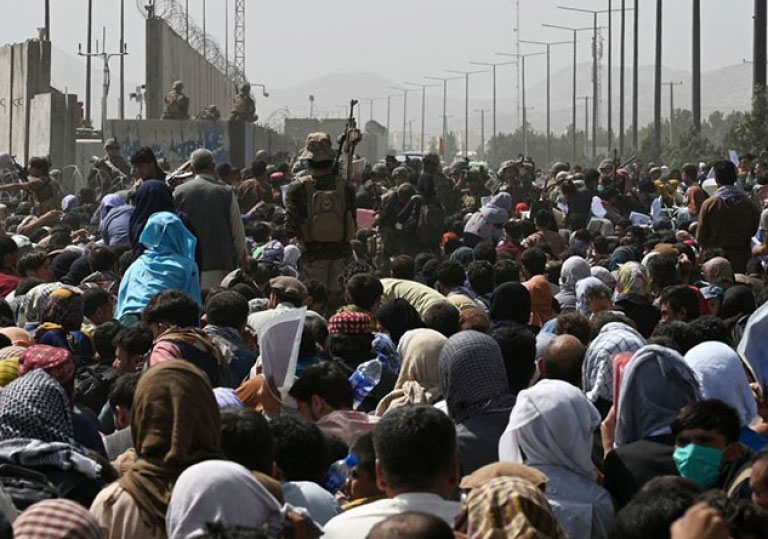The fourth Saturday in September marks a national day of recognition for two things Montanans already value every day: National Public Lands Day and National Hunting and Fishing Day. As Montanans, hunting, fishing and access to public lands is part of who we are. It is the lifeblood of our economy, and public lands are where many of us create the memories we cherish with our families.
As your Congressman and Secretary of the Interior, I led the charge against the sale or transfer of public lands. I was often the lone Republican voice in the House, pushing back against my own party. But in a few short years, Senator Daines and I convinced our colleagues to change their position. We showed them the value of public lands to our economy and way of life. As a result, historic bipartisan conservation policy and legislation was accomplished.
Maintaining public access to public lands is absolutely critical. During my time serving the people of Montana, I have always fought for more access, not less. Examples include:
· Voting against the sale or transfer of public lands;
· Supporting full and permanent authorization of the LWCF;
· Protecting Paradise Valley from mining;
· Rebuilding Sperry Chalet in Glacier National Park;
· Expanding access for hunting and fishing on millions of acres of federal land;
· Authorizing the BLM to manage lands as recreational shooting ranges;
· Repealing the ban on affordable lead ammo;
· Saving Montana guides and outfitters from expensive government mandates for federal contractors; and
· Opening up hunting and recreational access to millions of acres of land-locked public lands.
Nowhere is outdoor recreation a more powerful economic engine and way of life than Montana. According to the Governor’s Office on Outdoor Recreation, “Montana’s Outdoor Recreation Industry accounts for $7.1 billion in consumer spending and more than 71,000 jobs.” That doesn’t even take into consideration the tens of thousands of jobs supported in the ranching, timber and energy sectors.
A key to public access on public lands is infrastructure. People need passable roads and trails, working campsites, and safe boat ramps and bridges to use the land. Unfortunately when I took office the National Park Service infrastructure backlog was more than $10 billion and access in many places was limited.
As Secretary of the Interior one of my greatest accomplishments was getting overwhelming bipartisan support to rebuild National Parks and U.S. Forest Service infrastructure by using federal energy revenues. I also led the charge on permanent and full reauthorization of the Land and Water Conservation Fund.
Those policies were combined and became the backbone of the Great American Outdoors Act, which created the greatest investment in our parks and public lands in a century. The bill invests revenues generated from federal energy revenues back into public lands. It was truly an honor to stand with the President of the United States as he signed the historic bill into law.
We know that public access and traditional mixed-use of these lands makes our state great. But radical activists infiltrating D.C. policy positions would rather restrict the public’s use of our lands and resources, benefitting their narrow ideological goals but not we, the people. We must reject these ideas and focus on the important balance that has been working in Montana for decades.
Access to public lands is important for our souls and our economy. It’s our birthright as Americans and heritage as Montanans. Whomever you choose to represent Montana in Congress must understand that. You can trust that I will NEVER sell or transfer your public lands. Never have, never will. Learn more about my record at www.ryanzinke.com/issues.
Ryan Zinke is the former Montana Congressman (2015-2017) and U.S. Secretary of the Interior (2017-2019) who is running for Montana’s new U.S. House seat.
